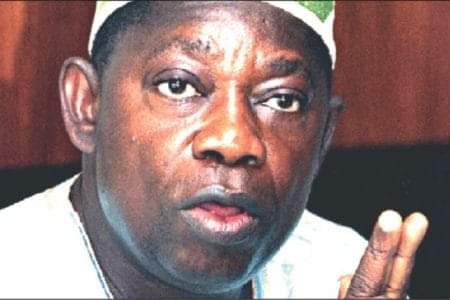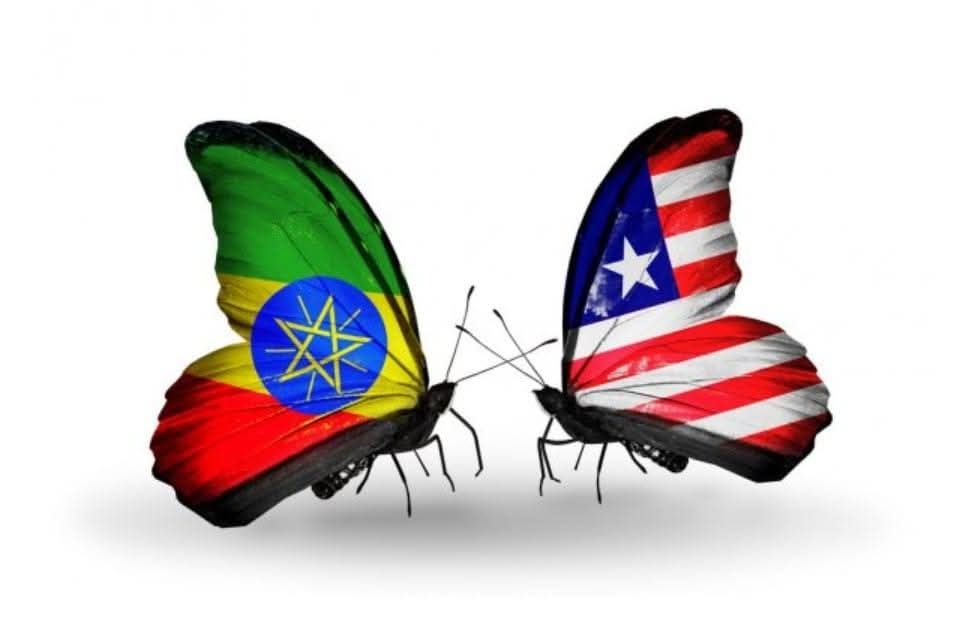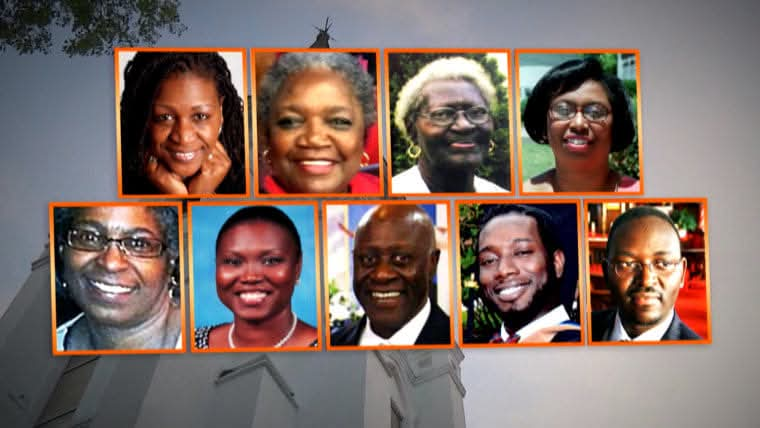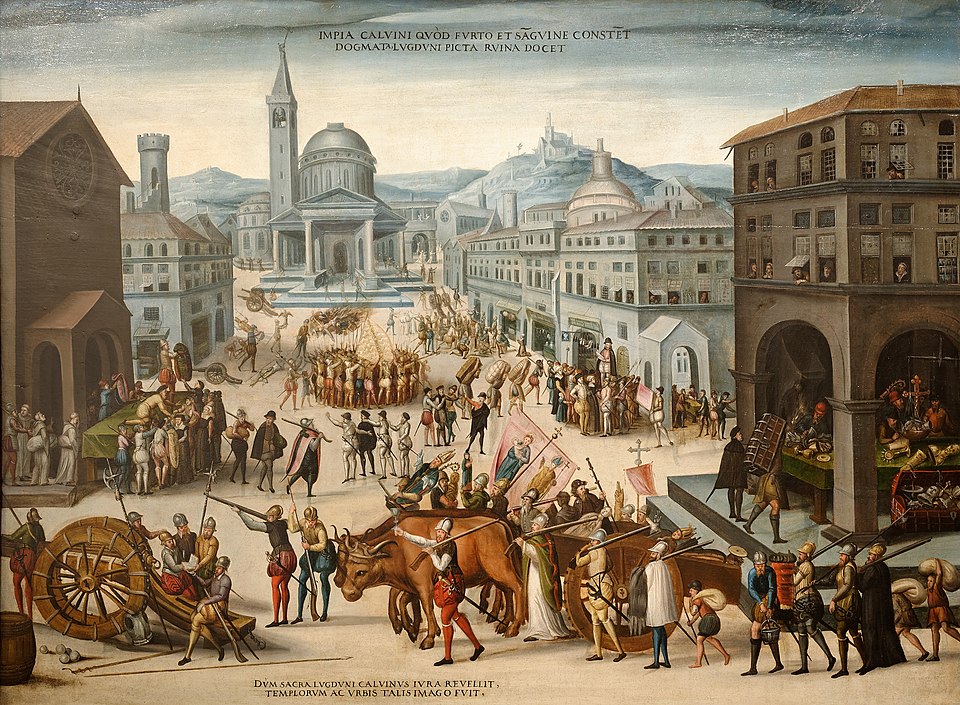[JUNE 12] M.K.O ABIOLA: The Political Foray, Imprisonment, Death and Legacy of a Democratic Icon

Did you know that M.K.O Abiola, the acclaimed winner of the June 12, 1993 presidential election in Nigeria, began his foray into politics at the age of 19, and that he was detained for four years (1994–1998) without proper medical attention in solitary confinement with a Bible, Qur'an, and 14 guards as companions?
Moshood Kashimawo Olawale (MKO) Abiola, GCFR, the Aare Ona Kankafo XIV of Yorubaland and an aristocrat of the Egba clan, ran for the presidency in 1993, for which the election results were annulled by the preceding military president Ibrahim Badamasi Babangida (IBB) on allegations that the exercise were corrupt and unfair even though he was a personal friend of Babangida and was believed to have supported Babangida's coming to power.
Abiola's foray into politics began early on in life when he joined the National Council of Nigeria and the Cameroons (NCNC) at age 19. In 1979, the military government kept its word and handed over power to the civilian. As Abiola was already involved in politics, he joined the ruling National Party of Nigeria (NPN) in 1980 and was elected the state chairman of his party.
Re-election was done in 1983 and everything looked promising since the re-elected president was from Abiola's party and based on the true transition to power in 1979; Abiola was eligible to go for the post of presidential candidate after the tenure of the re-elected president. However, his hope to become the president was shortly dashed away for the first time in 1983 when a military coup d'état swept away the re-elected president of his party and ended civilian rule in the country.
After a decade of military rule, General Ibrahim Babangida came under pressure to return democratic rule to Nigeria. Abiola announced his candidacy for president in February 1993, this was after a previous round of presidential primaries that had been cancelled by military President Babangida.
Abiola's party of choice was SDP, though he was an outsider who was new to the partisan politics within the party which at the time was dominated by two major factions, People's Front (PF) and PSP. Both SDP and its opposition, NRC held presidential primaries in March 1993. SDP's primaries was held in Jos and was largely a three-way contest between Abiola, Ambassador Baba Gana Kingibe and Alhaji Atiku Abubakar even though there were more aspirants.
Abiola was heavily supported by the People's Solidarity faction (PSP) within SDP while Atiku was supported by PF faction led by Yar'Adua and Kingibe was supported by a loose coalition of party members. During the first ballot, Abiola was able to score a slim majority vote of 3,617 to Kingibe's 3,225. A second round was contested two days later and Abiola again emerged victorious with a slim margin and he became the party's presidential candidate for the June 12, 1993 election.
Abiola's political message was an optimistic future for Nigeria with slogans such as "Farewell to poverty", "At last! Our rays of Hope" and the "Burden of Schooling". His economic policy included negotiations with foreign creditors and better management of the country's international debts, in addition, increased cooperation with the foreign community while presenting himself as someone the international community can trust.
Abiila's support in the June 1993 presidential election cut across geo-political zones and religious divisions, even though he was a member of the Islamic Ansar Ud Deen organization in Nigeria, and had in the 1980s, through his National Concord Newspaper, supported Islamic causes including the introduction of a Sharia Court of Appeal in Southwestern Nigeria and Nigeria's entry to the Organization of Islamic Countries. In 1984, he was given a title of Baba Adinni of Yorubaland by a committee of Muslim clerics. His support of Islam in Southern Nigeria also earned him some recognition in the Northern region of the country. In his hometown of Abeokuta, Abiola built a Quran training center which was named after his mother Zulihat Abiola.
For the June 12, 1993 presidential elections, Abiola's running mate was his primary opponent Baba Gana Kingibe. He defeated his rival, Bashir Tofa of the National Republican Convention (NRC). The election was declared Nigeria's freeest and fairest presidential election by national and international observers, with Abiola even winning in his Northern opponent's home state of Kano. Abiola won at the national capital, Abuja, the military polling stations, and over two-thirds of Nigerian states. In all, according to the unofficial result, he polled 8,341,309 votes as against his closest rival, Tofa, who polled and 5,952,087 votes.
Men of Northern descent had largely dominated Nigeria's political landscape since independence; Moshood Abiola, a Western. Muslim, was able to secure a national mandate freely and fairly, unprecedented in Nigeria's history. However, the election was annulled by Ibrahim Babangida, causing a political crisis which led to General Sani Abacha seizing power later that year.
In 1994, Abiola declared himself the lawful president of Nigeria in the Epetedo area of Lagos island, an area mainly populated by (Yoruba) Lagos Indigenes. He had recently returned from a trip to win the support of the international community for his mandate.
After declaring himself president he was declared wanted and was accused of treason and arrested on the orders of military President General Sani Abacha, who sent 200 police vehicles to bring him into custody. His second wife Alhaja Kudirat Abiola was assassinated in Lagos in 1996 after declaring public support for her husband.
Abiola was detained for four years, largely in solitary confinement with a Bible, Qur'an, and fourteen guards as companions. During that time, Pope John Paul II, Archbishop Desmond Tutu and human rights activists from all over the world lobbied the Nigerian government for his release.
The sole condition attached to the release of Chief Abiola was that he renounce his mandate, something that he refused to do, although the military government offered to compensate him and refund his extensive election expenses. For this reason Chief Abiola became extremely troubled when Kofi Annan and Emeka Anyaoku reported to the world that he had agreed to renounce his mandate after they met with him to tell him that the world would not recognise a five-year-old election.
Abiola died unexpectedly, shortly after the death of General Abacha, on the day that he was due to be released. While meeting a group of American diplomats including Thomas Pickering and Susan Rice at a government guesthouse in Abuja, Abiola fell ill and died. Rice had served tea to Abiola shortly before his collapse, and later wrote of an enduring belief in Nigera that she had poisoned Abiola. Such view was held by renowned writer and playwright Wole Soyinka in his autobiography 'You Must Set Forth at Dawn', who categorically asserted that Abiola was presented with a poisoned cup of tea during his final interview with the BBC.
Independent autopsy carried out and witnessed by physicians and pathologists from the Nigerian government, Nigerian Medical Association (NMA), Canada, UK and the US found substantial evidence of longstanding heart disease. General Abacha's Chief Security Officer (CSP), Al-Mustapha has alleged that Abiola was in fact beaten to death and although his claims to have video and audiotapes showing how Abiola was beaten to death, he has yet to come forward with the release of such tapes or how it was procured in the first place.
Regardless of the exact circumstances of his death, it is clear that Chief Abiola received insufficient medical attention for his existing health conditions during his incarceration. This was collaborated by Kofi Annan, the seventh Secretary-General who had been in a meeting with Abiola at Abuja on the 29th of June 1998. Hence, whatever claims Al-Mustapha must have made to direct blames to other quarters other than himself and his late boss (General Sani Abacha) might be irrelevant or at best point back to them as the murderers of MKO.
The Investigation Commission of Nigeria conducted a series of hearings aiming to discover the truth of events leading to the Abiola's death, concluding that the Abubakar regime probably knew more than it revealed.
By the time of his death, he had become an unexpected symbol of democracy. His memory is celebrated in Nigeria and internationally. Since his death, the Lagos State Government declares June 12 as a public holiday. In 2018, other states including Ogun, Oyo and Osun, announced June 12 as a public holiday to celebrate the 25th anniversary of the annulled 1993 presidential election.
During preparations for the 2011 Nigerian Presidential elections there were calls from several quarters to remember MKO Abiola. June 12 remains a public holiday in Nigeria beginning June 12, 2019, replacing May 29. MKO Abiola Stadium and Moshood Abiola Polytechnic were named in his honour, and there were calls for posthumous presidential recognition. A statue, MKO Abiola Statue was also erected in his honour.
However, controversy was caused by a song by Nigerian musician, Fela Kuti, a charismatic multi-instrumentalist musician, composer and human rights activist, famed for being the pioneer of Afrobeat music and a controversial figure due to his unusual lifestyle and apparent drug use. It is believed that Kuti had entered into an acrimonious dispute relating to a contract with M.K.O. Abiola's record label. He used the abbreviation of International Telephone & Telegraph (IT&T) in a song criticising big multinational corporations. The song, ITT, accuses such companies of draining Africa's resources and says "they start to steal money Like Obasanjo and Abiola".
On May 29, 2012, former president Goodluck Jonathan, announced that the famous University of Lagos will be renamed in memory of Abiola as Moshood Abiola University of Lagos (MAULAG). This received a negative reaction by both students, Alumni and members of public resulting in an abrupt reversal.
On June 6, 2018, Muhammadu Buhari, President of Nigeria declared June 12 as the new date for the celebration of Democracy Day. Nigeria's Democracy Day was formally celebrated every May 29, the day in 1999 that former military Head of State, Abdulsalamu Abubakar, handed over power to an elected president, Olusegun Obasanjo of the People's Democratic Party (PDP) and the date when, for the second time in the history of Nigeria, an elected civilian administration took over from a military government.
On June 6, 2018, Muhammadu Buhari in a public statement changed the Democracy Day to June 12 in honor of Moshood Abiola. On June 11, 2019, Buhari assented to a Bill amending May 29 previously set aside as a public holiday for the celebration. The public holiday amendment Act was passed by the National Assembly of Nigeria following a Bill introduced and sponsored by Kayode Oladele, Human Rights Lawyer and Member of the House of Representatives (Eighth Assembly) representing Yewa North/Imeko-Afon Federal Constituency of Ogun State.
Abiola was awarded the GCFR posthumously on 6 June 2018 by President Buhari and Nigeria's democracy day was changed to June 12.
Source:: Wikipedia
#penglobalhistory #MKOAbiola



